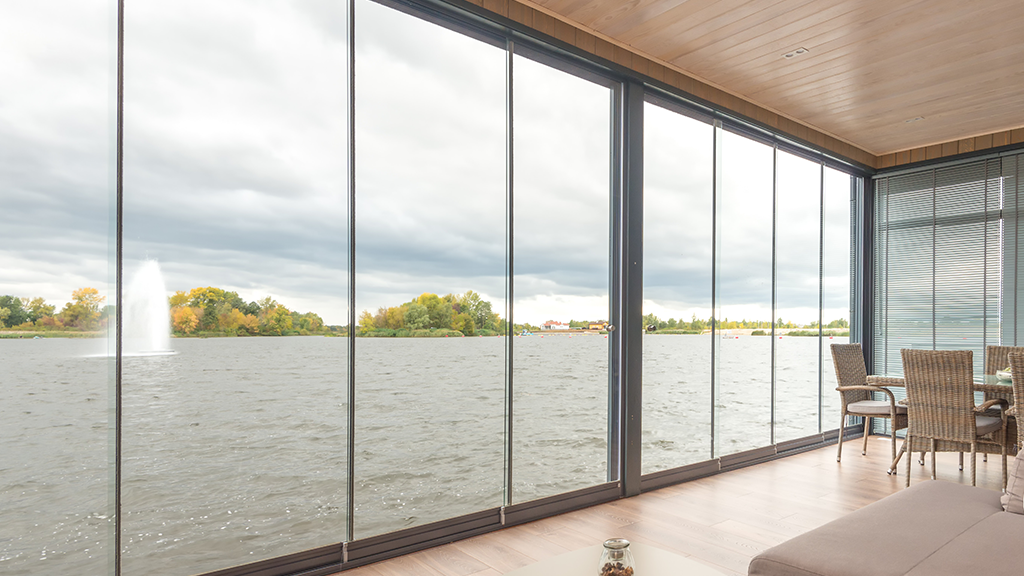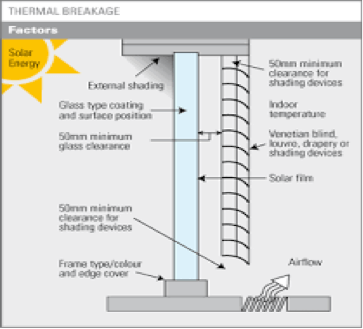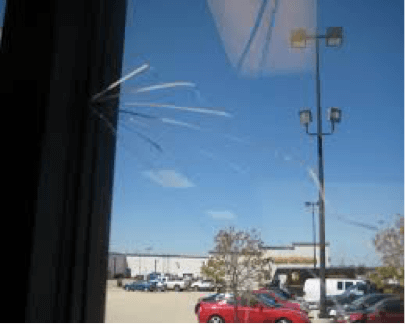
If you have recently purchased a glass product only to have it shatter due to a thermal break this can be a frustrating thing. Although thermal breakage is not a common occurrence, it does happen on occasion. When a thermal break does happen it is not typically the result of faulty glass. Here are a few reasons why thermal breakage happens and how to prevent it.


A thermal break in the glass will occur when there is uneven heating. What happens is that only part of the glass is able to expand causing stress within the glass and when the stress exceeds the strength of the glass then a thermal break will happen. In a high-temperature climate, glass may be more at risk for a thermal break since temperatures are higher for longer periods hence putting the glass more at risk.
Other Factors in Thermal Breakage
Although heat is the number one cause of thermal breakage, other factors may also play a part in causing a window to receive the damage. Such as if heavy drapes or blinds are put over the window this can cause the heat to be reflected upon the glass more intensely which can cause the thermal heating to start. If part of a window is kept cooler then another part of the window this can, in turn, cause uneven heating in the glass which may eventually cause breakage as well.
Keep in mind different types of glass are more prone to thermal breakage than others. A strong tempered glass is more likely to be more tolerant of thermal heat stress than thin laminated glass.
Preventing Thermal Breakage
As thermal breakage does not cover by most glass manufacturers’ warranties, it is best to know what to do to prevent a thermal breakage.
Be sure to check your window frames for any leakage that may cause water to get into the frame and cause damage to the glass.
Try to avoid covering the glass with any heavy types of material that may hold in heat.
Try to avoid damaging the glass, any damage done to the surface of the glass or outer edges may increase the risk for the glass to weaken and be more likely to succumb to heat stress.
Do not paint directly onto a glass surface
Avoid black backings behind a pane of glass.
Although this is rare, it is an unfortunate thing that does happen sometimes, however by remembering these tips to prevent thermal breakage it is less likely to occur.
